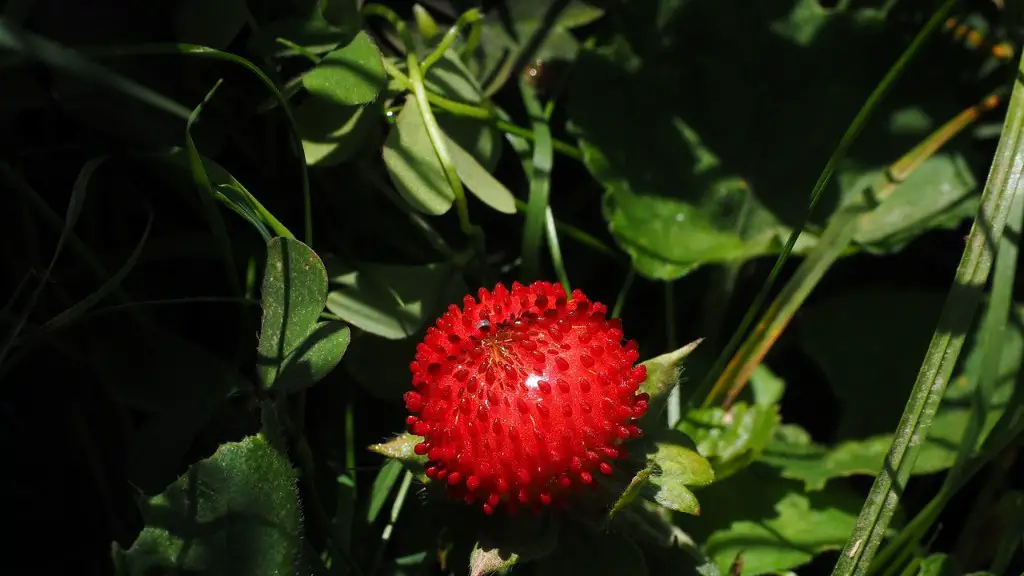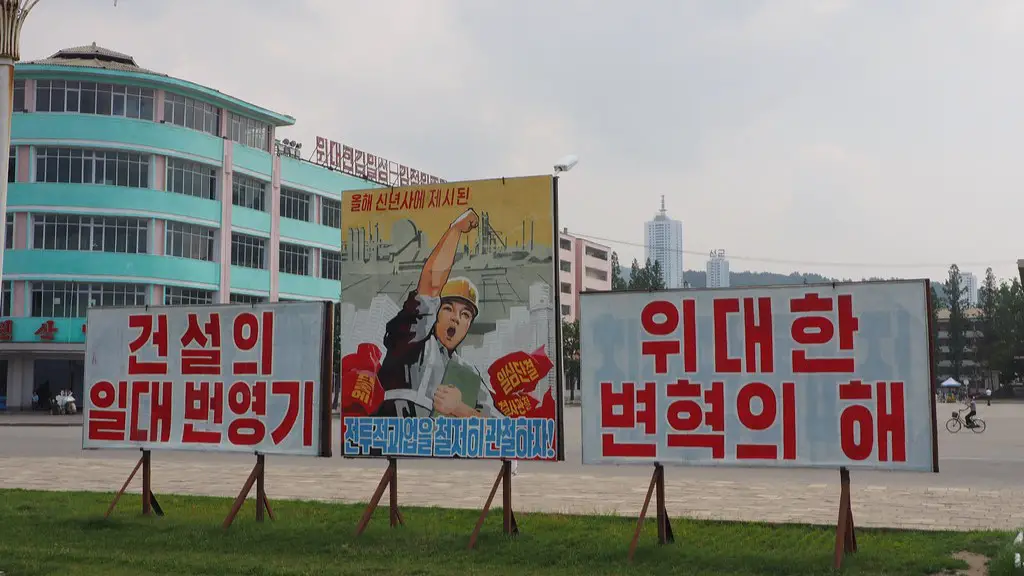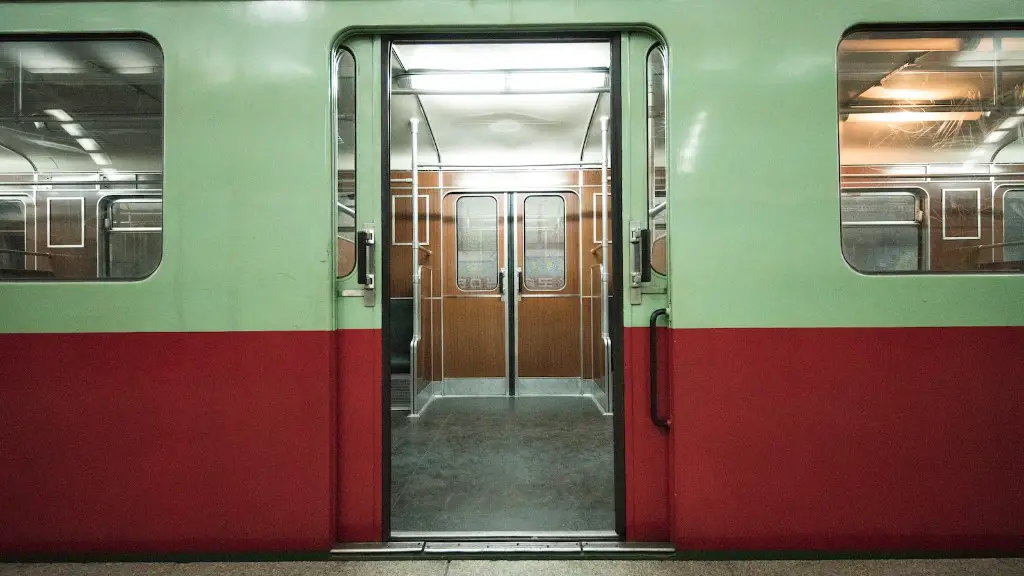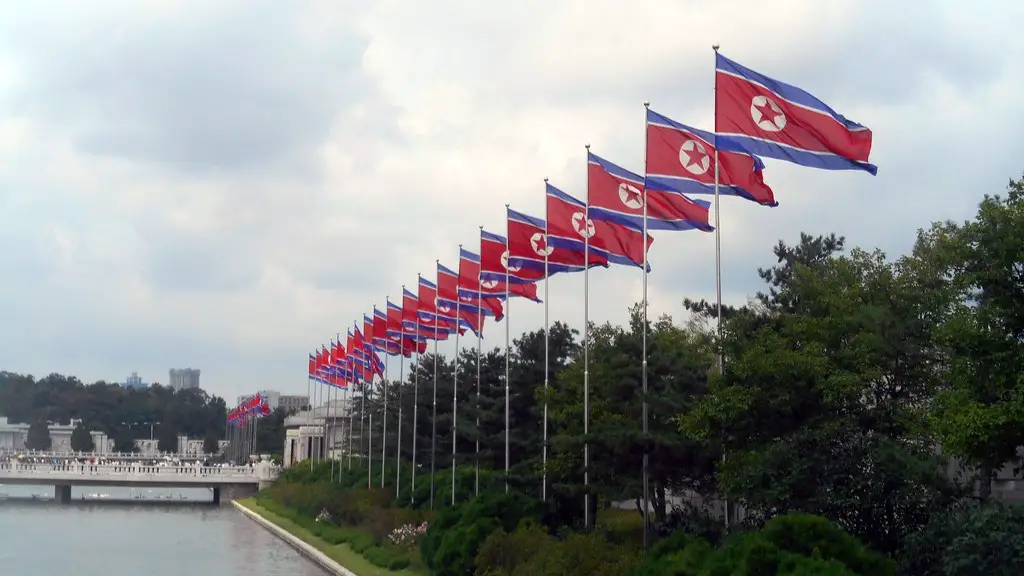North Korea has been facing food shortage for many years now, with an estimated 65 percent of the country’s population going hungry daily. In a recent assessment of the situation, the United Nations (UN) estimated that approximately 10.3 million people in North Korea require urgent food assistance. This is due to harsh economic conditions, natural disasters, and a lack of foreign aid.
North Korea has a long history of famine and food shortages, starting with the famine of the 1990s and the recent United Nations’ Special Rapporteur’s report about the grave human rights abuses in North Korea. In the midst of this all, a major contributor to food insecurity in the country is the government-imposed public distribution system (PDS). Under the system, the government tightly controls the very limited food supply, failing to adequately supply to its citizens who, in some regions, use food as an alternative currency to barter and purchase commodities.
Due to the PDS, North Koreans, who already lack access to sufficient resources, face chronic food shortages and exploitation. For example, the distribution of food in the small urban areas is usually skewed towards prestige goods and services to maintain the loyalty of the chosen elites. This causes a significant gap in the allocation of resources, leaving citizens, who do not belong to the chosen circle, malnourished.
Moreover, North Korea has a very weak agricultural sector due to years of mismanagement and the adverse economic conditions, resulting in the majority of citizens lacking access to land or resources to farm. To make matters worse, the country lacks the necessary investment in infrastructure, technology, and agricultural support. This has led to reduced food production, significantly lower crop yields, and the exacerbation of food insecurity.
In addition, natural disasters such as floods, droughts, and landslides have disrupted the agricultural production and caused food shortages, as well as economic hardship, in the country. According to the Government of the Democratic People’s Republic of Korea, approximately 7.5 million people have been estimated to be acutely food insecure. These disasters, combined with the prolonged economic decline, and foreign aid cut-offs, have caused hunger and malnutrition among the North Korean people.
Furthermore, limited access to international markets has caused the country to become more reliant on the public distribution system. This perpetuates the use of food as a currency and a political tool by the government, an issue which is far from being resolved. With the lack of foreign aid and resources, North Koreans are forced to resort to desperate measures to survive.
Despite the international sanctions against North Korea, an increasing number of countries and organizations have been offering humanitarian aid to alleviate the food crisis. Non-governmental organizations (NGOs) have been working with the North Korean government to improve its agricultural production and introduce sustainable food systems. In addition, the UN and its affiliates have been developing initiatives to help address the food insecurity in the country.
Climate Change
In recent years, climate change has become an increasing threat to food security in North Korea. According to the Government of the Democratic People’s Republic of Korea, the food production in the country has been suffering due to higher temperatures, rising sea levels, and floods. In 2017, the country experienced more extreme weather phenomena and an increased frequency of natural disasters. This has resulted in the disruption of agricultural production, losses in food yields, and a further decline in food security.
Climate change has led to a lack of water resources and arable land, which increases the risk of famine in the future. Furthermore, the rising temperatures have caused a decrease in crop yield and a reduction in the quality of the food that is produced. As a result, the already fragile food supply system in North Korea has been further weakened, causing an even more dire situation for the country.
It is estimated that a 1-degree Celsius increase in temperature leads to a 1.5 to 2 percent decrease in crop yields. Given the current levels of climate change, North Korea is predicted to experience an additional 10-15 percent decrease in crop yields by 2050. This could further impact North Korean families who are already in a precarious food situation.
International Aid
A number of international initiatives have aimed to reduce the food insecurity in North Korea. In 2018, the United Nations’ World Food Programme (WFP) implemented a large-scale nutritional support project in the country, which aimed to target the most vulnerable and food insecure households. This project provided nutritious meals to approximately 5.5 million school children and their families, in addition to nutrition training, such as nutrient-rich gardening.
In addition, the WFP has been partnering with the North Korean government to reduce the food shortages in the country. The organisation has implemented multiple pilot initiatives to address the food crisis, such as increasing access to markets, introducing crop diversification, and providing assistance to small farmers. Furthermore, the WFP has been working to improve North Korea’s food security by delivering nutritious meals, and working with the government to improve agricultural management.
In the last year, a number of countries and non-governmental organizations (NGOs) have pledged to donate money and food to help alleviate the food insecurity in North Korea. South Korea, for example, has been providing food aid to the country, including nutrition-rich food for children. The United States has also offered financial and food assistance to the North Korean people over the last decade, through its Feed the Future program.
In addition, several NGOs have been working to address the food crisis in the country. The World Vision, for example, is providing nutrition resources to pregnant and lactating mothers, and the American Association of Business Executives is providing resources to small and medium-sized enterprises to build food production capacity in North Korea. Another initiative, called Farm Link, is working to support and expand small-scale agricultural production in North Korea.
Conclusion
Food insecurity in North Korea has been a deep-rooted issue for the country due to government-imposed food rationing, combined with a weak agricultural system and natural disasters. The situation has been exacerbated by climate change, which has led to an increase in extreme weather events, reduced crop production, and a further worsening of food insecurity. Despite these challenges, international aid and initiatives are trying to address the food crisis in North Korea and help mitigate the suffering of its citizens.
Economic System
The North Korean economy is centrally planned with a highly controlled state-directed system. The government retains tight control of the import and export of goods and services, and the allocation of resources. This economic system has significantly contributed to the food crisis in the country. North Korea is deeply dependent on foreign aid from countries such as China and South Korea, and the imposed sanctions have led to decreased investment in the country.
In addition, the lack of infrastructure and resources has led to a decrease in agricultural production as well as an overcrowding of the land. North Korea has seen an increase in industrial pollution and factory chemicals, which affect the soil and water quality, further contributing to the food shortages. Furthermore, the lack of foreign investments and resources has resulted in a weakened agricultural sector, which has further impacted food production.
Given the current economic system in the country, it is unlikely that the food crisis can be resolved if the underlying economic problems are not addressed. For this reason, international pressure is needed to convert the North Korean economy from a highly centralized system to a more market-oriented economy.
International Pressure
In recent years, the international community has been pushing for change in the North Korean government’s policy towards food. In 2017, the United Nations Security Council unanimously adopted a resolution that imposed further sanctions on the North Korean government, in an effort to force the country to comply with UN demands. In addition, some countries have used financial pressure and targeted sanctions against North Korea, in response to the country’s nuclear testing.
The US has also been pressuring the North Korean government to address the food shortages in the country, through the US$1.3 billion in food aid that is provided annually. The US has been using this humanitarian aid to pressure the North Korean government to change its policies and improve access to food for its citizens. Furthermore, the US and other international organizations are engaging in negotiations with the North Korean government to ensure the country’s compliance.
Despite the international pressure, it is unclear whether or not the North Korean government is willing to comply with the international community’s demands. Several reports have emerged detailing the government’s unwillingness to take responsibility for the food shortages in the country and its lack of commitment to addressing the situation.
Alternative Sources of Food
In an effort to reduce the food shortages in the country, North Korea has sought to diversify its sources of food. These measures include increased imports, increased investment in domestic agricultural production, and the development of food logistics and technology. The North Korean government has also implemented price controls and subsidies for agricultural products, to increase access to food for its citizens.
In addition, North Korea has been investing in alternative sources of food, such as hydroponics and aquaculture, which could provide an additional source of food in the country. Furthermore, the North Korean government has been producing organic foods and adopting organic farming methods, in an effort to respond to the increasing demand for healthy foods and reduce the reliance on imported products.
Despite these efforts, the North Korean government still faces considerable challenges in ensuring food security. As of now, it is unclear whether or not the food shortages will be addressed in the near future, leaving many in the country wondering when the food crisis may end.





